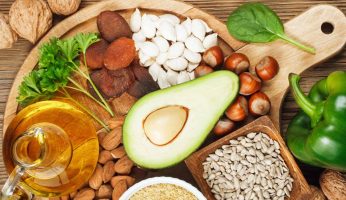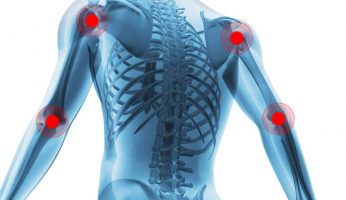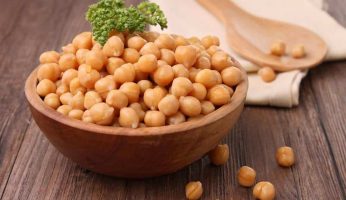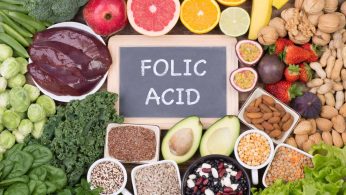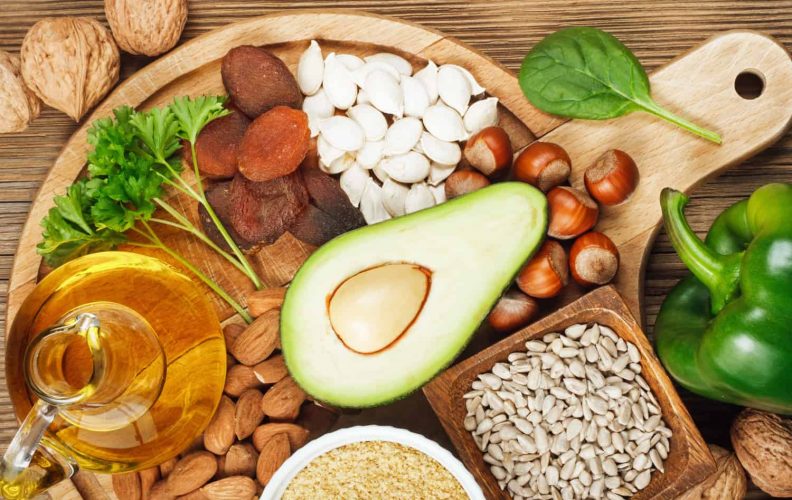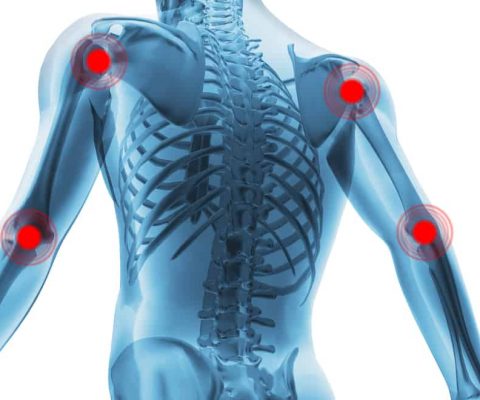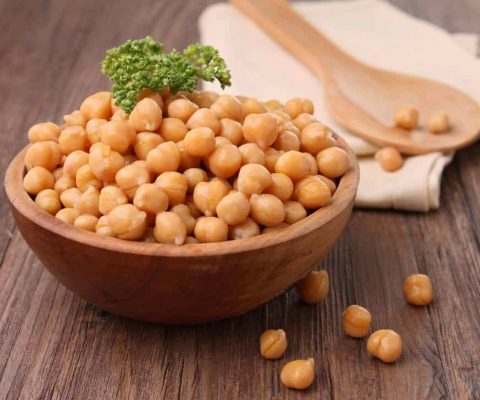Deficiency of Minerals: How to Stack Up on What Your Body Needs
Disclosure: We use affiliate links and may receive a small commission on purchases.
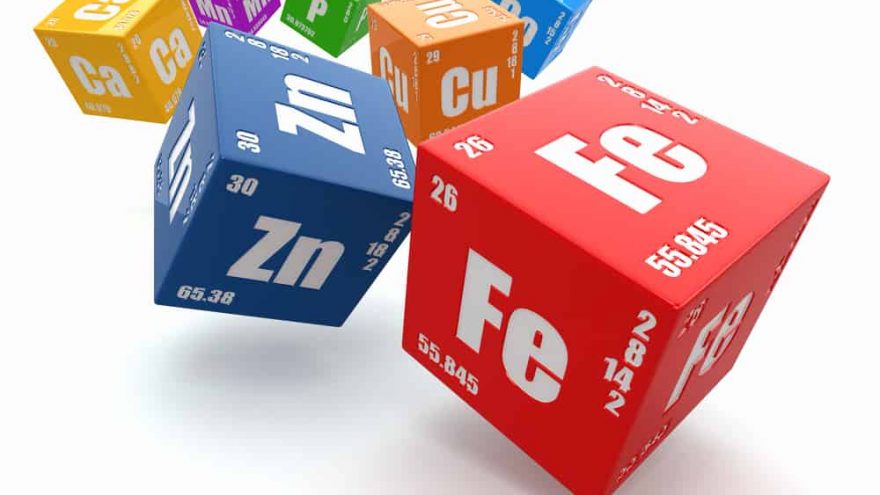 Deficiency of Minerals: How to Stack Up on What Your Body Needs
thefitbay.com
Deficiency of Minerals: How to Stack Up on What Your Body Needs
thefitbay.com
Mineral deficiency is, in short, a lack of dietary minerals and micronutrients that your body needs in order to keep it healthy and working well. This is usually due to poor diet, but can sometimes be caused by a dysfunction in your body that prevents it from properly absorbing and utilising the mineral. This can cause a number of health issues, and many areas of you body can be affected. This article aims to help you assess whether you may have a deficiency in your minerals, and what you can do in order to get the minerals back into your body so that you can stay healthy.
How do I know if I have a mineral deficiency?
Your body has different ways of telling you that it is deficient in different minerals, and there are six very common minerals that people lose out on and need to add into their diet in order to stay healthy. This list brings you the symptoms of a deficiency in each mineral so that you can achieve the perfect balance in your body for the best benefits.
- Magnesium
Magnesium is important for proper mitochondrial function, and supports many of the biochemical reactions in your body. This relates into your immune system, heart function, and muscle function, and reduces your risk of hypertension, heart disease, and diabetes.
Symptoms of a magnesium deficiency are body odour, constipation, muscle cramps, headaches, and fatigue. However you can add magnesium into your diet by upping the amount of leafy greens, nuts, and fish into your diet. This keeps your diet healthy, as well as your body.
- Zinc
Zinc is needed proper growth and development, as well as regulating appetite, stress, and a proper sense of smell and taste. Deficiencies in zinc are usually characterised by hair loss, diarrhoea, weight loss, and fatigue.
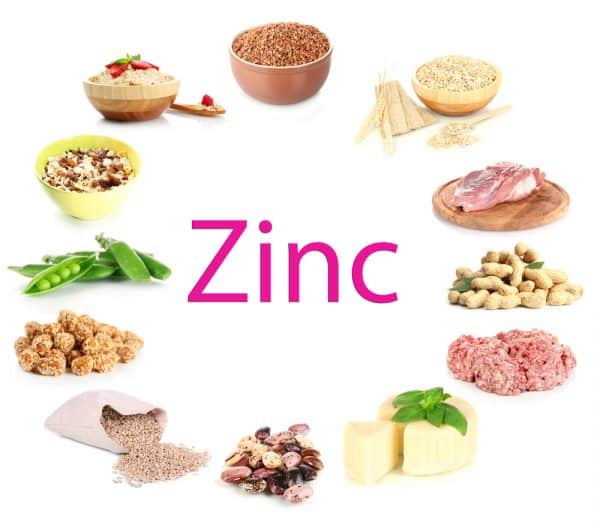
Most zinc sources are in meat such as beef and lamb, but there is also zinc in spinach and pumpkins, although there are zinc supplements that are very easy to add into a vegetarian or vegan diet.
- Calcium
Calcium helps to support healthy bones and teeth, as well as maintaining proper heart function. Low calcium levels display themselves as symptoms such as confusion and memory loss, mood changes, and in more serious cases, hallucinations.
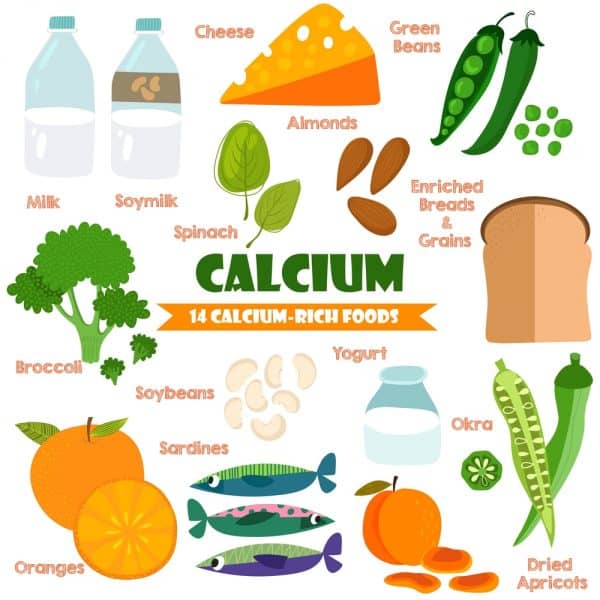
Calcium is very easy to source, however, as it is present in all dairy products, as well as many vegetables such as kale and broccoli.
- Iron
You do not need a lot of iron in your body in order to stay healthy, but the small amount that you do need is crucial in order to keep your heart and blood healthy, keeping you healthy. Iron deficiency can cause anaemia, a disorder that causes fatigue, breathing difficulties, dizziness and headaches.
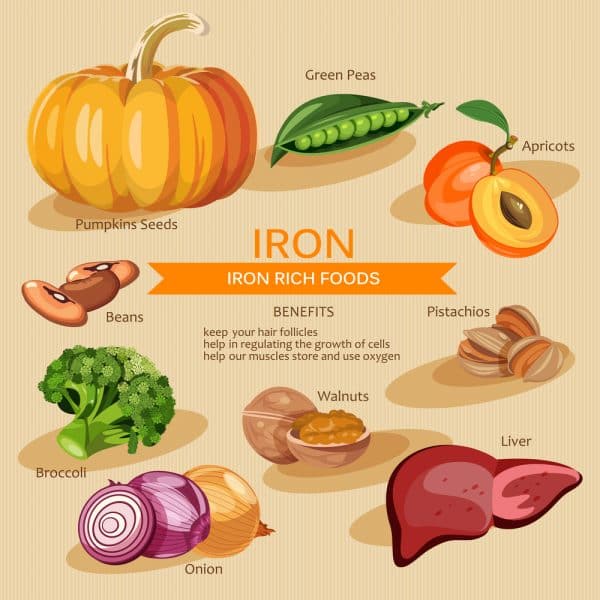
To increase your iron intake you should increase your intake of green leafy vegetables, beans and peas, and consider taking a supplement if you are not a meat eater, as meats have the highest levels of iron.
- Potassium
Potassium helps to maintain the balance of fluids within the body, as well as a correct PH balance so that your body can work at it’s optimum. A deficiency of potassium will give you muscle cramps, fatigue, weakness, and constipation. However, it is one of the easiest minerals to increase in your diet by increasing your intake of citrus fruits, bananas, tomatoes, and vegetables such as spinach, mushrooms, peas and beans.
How can I make sure I’m getting the right balance?
Getting the right balance is essential in keeping your body as healthy as possible, and there are two main ways that you can do this so that you can make sure your body consumes all of the micronutrients that it needs.
The first, and the best way to achieve the right balance for your body is through your diet. This means that you need to put down the burgers and pick up the broccoli if you really want to give your body all that it needs to succeed. Filling your diet with lean meats, vegetables, nuts, and seeds is one of the best ways to give your body a variety of nutrients, vitamins and minerals that are essential in the day-to-day workings of your body.
Following vegetarian and vegan diets makes it slightly hard to get these vitamins and minerals into your diet, so you need to do more careful calculations to get all of the minerals that you need. Otherwise, you should consider taking supplements in order to increase the levels of minerals in your body.
The second way that you can add essential vitamins and minerals into your diet is through the use of a supplement. These are sold in most health food stores so that you can maintain proper levels of each mineral in your mineral. Supplements are useful for those with sensitive digestive systems and more restrictive dietary needs, as they add the minerals that you are missing. Supplements are also extremely helpful for those who have dysfunctions in their body and cannot take in the levels of minerals that their body needs.
Supplements should only be taken once you have consulted a proper health care professional who can advise you on the areas that your diet is lacking so that you can supplement the right minerals. It is always advised that you consult a GP before taking any supplement into your diet to ensure that you do it safely and take the right amount of minerals into your diet, and so that you don’t take in more than you need.
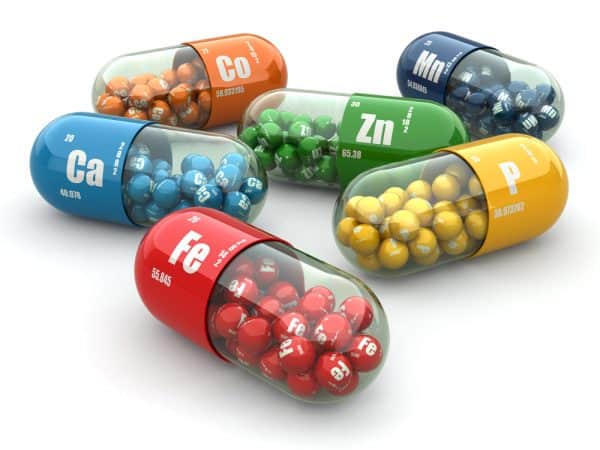
We hope that this article has helped to break down how you can achieve the correct mineral balance in your body so that you can stay healthy and happy; as well as the dangers that can occur if you are deficient in a certain mineral. Deficiencies are dangerous, and if you think that you may be deficient in a certain mineral you should always consult a healthcare professional who can direct you on the best course of action to get your body back on track.

